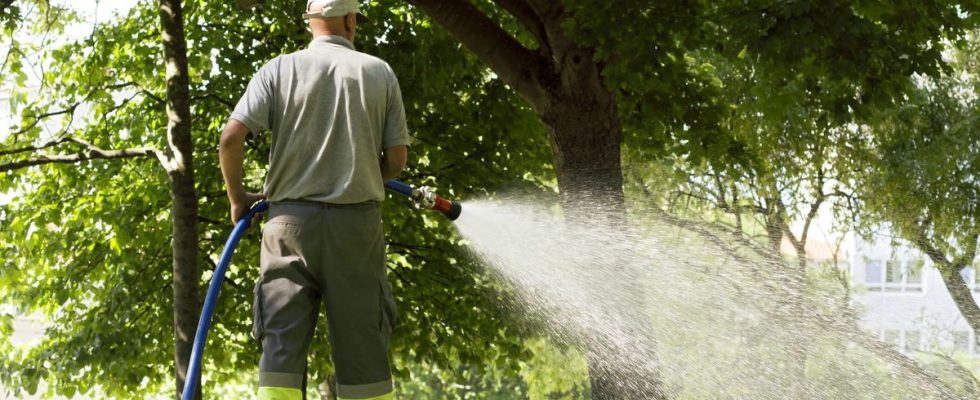Published on
Updated
Reading 2 mins.
According to information from Le Parisien, gardeners, agents of the city of Paris, would like to be vaccinated against leptospirosis, this disease transmitted by rats to which they consider themselves exposed. What exactly are they afraid of?
Real Parisians know it: the proliferation of rats in the capital is an everyday problem. Beyond peddling an image of dubious cleanliness, rodents are also accused of being able to transmit leptospirosis to humans, because of a bacterium present in their urine. A situation that particularly worries city officials who are asking for access to vaccination.
Leptospirosis, what is it?
Leptospirosis is a bacterial infection present in France, but more particularly in overseas territories. Indeed, this zoonosis spreads more in tropical areas. That said, for several years, the infection has also been contracted in metropolitan France, mainly during nautical activities (swimming, fishing, diving, canoeing, rafting, etc.) or in contact with nature or carrier animals. Certain population categories are more exposed than others: leptospirosis is indeed an occupational disease among sewer workers, slaughterhouse personnel, freshwater fish farming personnel or those dedicated to maintaining banks. If the rats that transmit the bacteria proliferate in Paris, gardeners are also among the people “more at risk” than others.
The bacterium enters the body through the skin in case of cuts or wounds. The symptoms are those of a flu “The disease begins with a high fever with chills, headaches, muscle aches and diffuse joint pain. It can also progress to renal, hepatic, meningeal or pulmonary damage.“, indicates the Institut Pasteur. In 20% of cases, the severe forms are accompanied by a hemorrhage. However, the majority of infected people do not suffer sequelae.
Real health threat or not: the town hall of Paris tempers
In the pages of Parisiancity officials feel directly concerned by this threat and would like vaccination to be implemented in order to work in better conditions. “The City gave me its agreement, on condition that I undertake to do all the reminders. There is no obligation, but you can ask for it, explains Sébastien, employee for twenty years in the direction of green spaces (Deve). But it would seem normal to me that we offer it to all the agents, because yes, we are exposed”.
On the side of the City of Paris, on the other hand, the discourse is less alarmist, “the rat is not a predator by nature”, she explains. In fact, she maintains that direct contact is rare, and that gardeners are therefore not really exposed to a health risk. A choice which can also be explained by the vaccination process, cumbersome and difficult to apply: vaccination against leptospirosis is in fact based on 3 first injections and a booster every two years.
